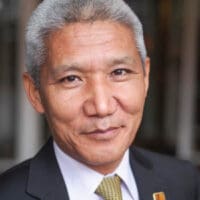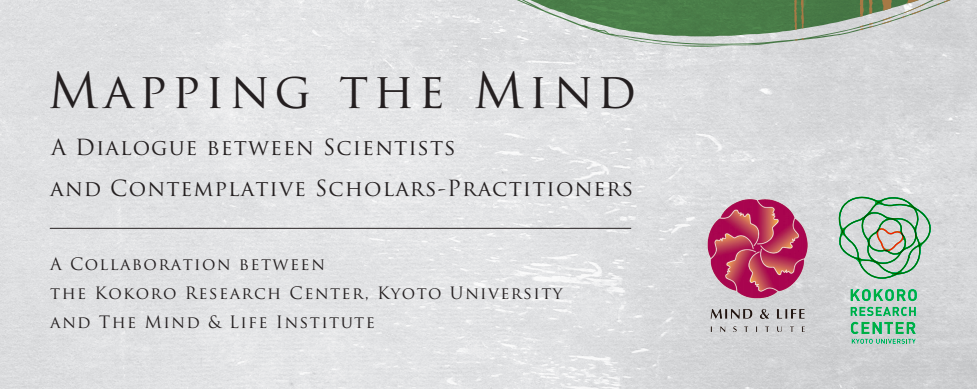Filmed during Mind & Life Institute’s “Mind and Life XXIX: Mapping the Mind” on April 11, 2014.
Cognitive Illusions: A Yogācāra Perspective
SPEAKER: Jay Garfield
We often take for granted that our introspective access to our own cognitive, affective and perceptual states is immediate and veridical, and that reflection on the nature of experience provides data for phenomenology, psychology and neuroscience. Recent research into cognitive illusion casts doubt on the value of introspective reports, however. More general reasons for skepticism about the value of introspection comes from the Buddhist philosophical tradition most associated with meditative practice, the Yogācāra. Garfield reflects on the implications of a Yogācāra analysis of experience and of what we know about illusion for first person methodologies.
The Role of Mind in Quantum Physics
SPEAKER: Arthur Zajonc
In the worldview of classical physics, the universe and all the things in it exist completely independently of the mind. Indeed, there is little role for the mind at all in classical physics. Reality is conceived as made up of material objects, each of which possesses a small number of primary attributes (length, mass, etc.). In relativity and quantum theory this view is called into question and shown to be false. The role of the observer is irreducibly present and is required for the observation of any attribute. Objects only have attributes in relationship to reference frames and measurement apparatus. They do not possess attributes in themselves. Using the delayed–choice experiment as an example, Zajonc argues that the nature of a photon or electron as wave or particle is completely ambiguous or undetermined until the final act of measurement. But measurement itself, which is an act of consciousness, is not understood. The puzzling role that consciousness plays in modern physics is nowhere more problematic than here, in the problem of measurement. How can a mental act create reality? Zajonc reviews the various positions on the importance and place of mind in modern physics, and the implications for our understanding of ourselves and our world.
Mathematics in Comparison with Art: Looking for Applications, Truth or Beauty?
SPEAKER: Shigefumi Mori
While mathematics is considered to be the basic language for science and technology, people might not recognize that mathematicians are still in the process of developing mathematics by solving problems and creating theories. In this presentation, Mori describes mathematicians’ research activities from a few different viewpoints. Tough mathematics is useful in various aspects of life, decades and even centuries can pass between an original discovery in pure mathematics and its recognizable application in everyday life. It is also true that an application often emerges in a totally unexpected direction, having significant influence on science and technology. Therefore a mathematician’s academic curiosity is often the best compass in making a discovery that can be the origin of an important application. Research in mathematics is considered to be quite different from research in other academic disciplines. However, a mathematician’s attitude toward the object of his/her interest is often similar to those in other disciplines, including art. In his own work, Mori has found certain similarities between algebraic geometry and modern paintings; he explores these in the present talk.
Group Discussion and remarks from His Holiness the 14th Dalai Lama
MODERATOR: Atsushi Iriki
INTERPRETER: Thupten Jinpa
PANELISTS:
Richard J. Davidson
Roshi Joan Halifax
Yoshiro Imaeda
Barry Kerzin (Venerable Tenzin Choerab)
Shinobu Kitayama
Junko Tanaka-Matsumi
Makoto Nagao
Shinsuke Shimojo
Participants





